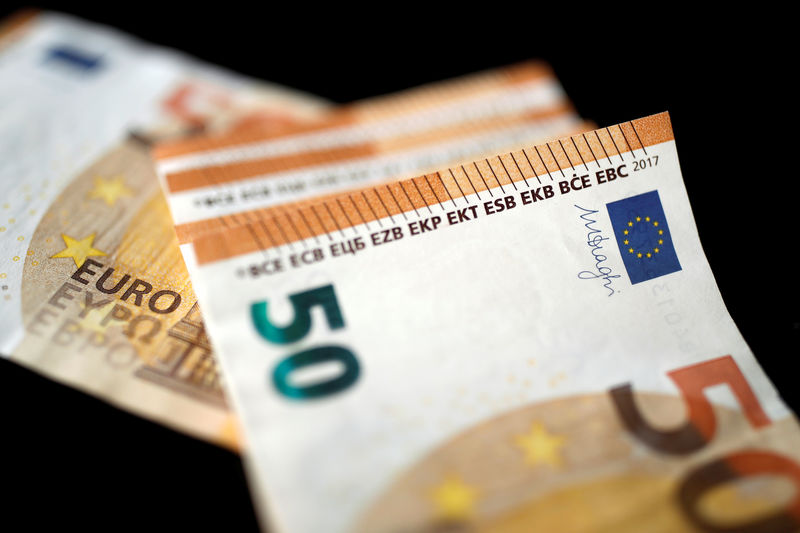By Yoruk Bahceli and Amanda Cooper
LONDON (Reuters) -The euro touched a 10-day high on Sunday, after the first round of France’s shock snap election put the far-right in first place, but offered little further clarity on the final outcome, leaving investors bracing for further volatility.
Marine Le Pen’s National Rally (RN) emerged ahead in the first round, confirming expectations, although analysts noted her party won a smaller share of the vote than some polls had initially projected.
But uncertainty prevailed, as the final result will depend on how parties decide to join forces in each of the country’s 577 constituencies for the second round, setting the stage for days of horsetrading before next Sunday’s runoff.
One poll showed the RN potentially winning an absolute majority.
The euro, which has fallen 0.8% since President Emmanuel Macron called the election on June 9, rose 0.3% to $1.0749, the highest since June 20, as Monday’s Asia-Pacific trading session got underway, according to LSEG data.
“I think it’s a slight ‘well, there was no surprises’, so there was a sense of relief there. Le Pen had a slightly smaller margin than some of the polls had pointed to, which may have helped the euro a little bit higher on the open,” Fiona Cincotta, senior markets analyst at City Index, said.
The shock vote has rattled markets, as the far-right, as well as the leftwing alliance that came second on Sunday, have pledged big spending increases. Investors have been alarmed, given France’s already high budget deficit that has prompted the EU to recommend disciplinary steps.
Last week, the premium bondholders demand to hold France’s debt over Germany’s surged to the highest since 2012, during the euro zone debt crisis.
Shares in its big three lenders , have dropped 9-14%, leading losses of nearly 7% in the Paris stock index.
Attention will turn to bond and stock markets when they open for European trade on Monday. Analysts expect little meaningful recovery in France’s bonds.
“We struggle to see a material and sustainable snap back,” said Peter Goves, head of developed market debt sovereign research at MFS Investment Management.
Markets had calmed after the initial turmoil that followed the election announcement, as the RN toned down some of its more radical plans and said it would respect EU fiscal rules that require France to cut its deficit, but they took another hit on Friday.
NO RESPITE
Markets were expected to stay volatile, given the high uncertainty over next week’s final results.
Much depends on political deal-making. Candidates through to the run-off have until Tuesday evening to decide whether to stand down or run.
The leftwing alliance would withdraw candidates who finish third on Sunday from the runoff, said Jean-Luc Melenchon, leader of the France Unbowed party.
If alliances to block the RN from taking power start to look credible, French bonds could recover, Kathleen Brooks research director at trading platform XTB, said.
Fuelling uncertainty, Sunday’s high turnout suggests France is heading for a record number of three-way run offs — expected to benefit the RN much more than two-way contests.
“Markets are looking into another week of really high uncertainty. Probably fear, as it is still possible for RN to gain an absolute majority next week,” said Carsten Brzeski, global head of macro at ING.












